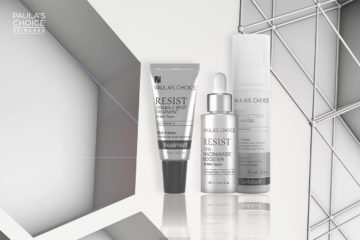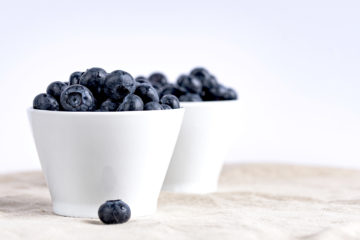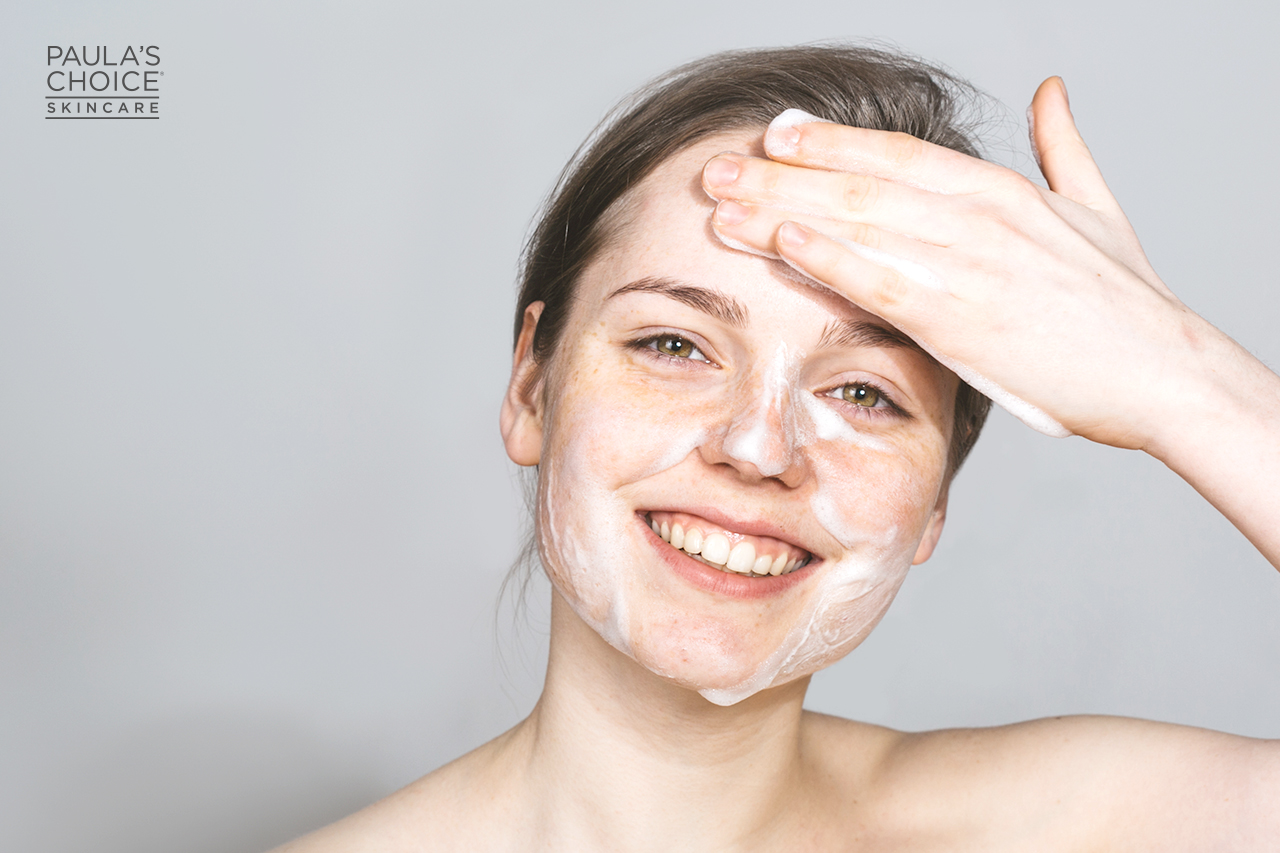Caring For Your Oily Skin
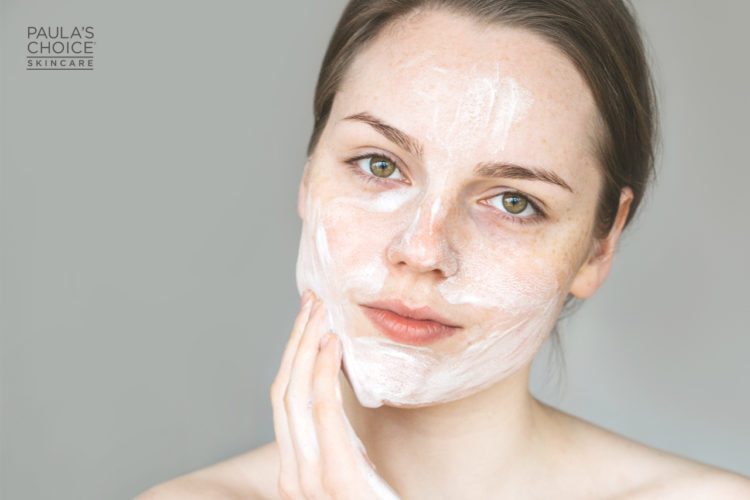
Enlarged pores, frequent breakouts, blackheads, makeup that gets smudgy easily, oily sheen on the face in just less than an hour after washing it. If you are currently facing these issues, it is highly likely you have oily skin.
So What Causes Oily Skin?
Oily skin is almost always the result of genetically determined changes in hormone concentrations in your body, which makes it difficult, if not impossible, to control oily skin topically.
If too little sebum is produced by androgens, dry, parched skin could ensue. Similarly, if too much oil is secreted, you may end up having to manage oily skin and the slew of skincare issues it brings with it.
If there is too much oil, you end up struggling with oily skin, blackheads, and acne. The pores become larger to accommodate the excess oil production. Androgens can also cause the pore lining to thicken, which prevents the oil from flowing through and getting out of the pore, and that can lead to blackheads, white bumps, and the conditions that cause acne breakouts.

Common Misconceptions About Oily Skin
Myth #1: To prevent blemishes, you must completely wipe out oil from the skin
Myth #2: Wearing sunscreen will over-burden oily skin
Truth: while the typical sunscreen may make you feel as if you’re smearing grease on your face, a lightweight formula can minimise that uncomfortable feeling and give you that much-needed sun protection too. Alternatively, you can also opt for a foundation or moisturizer with SPF. Having some form of sun protection is better than none after all.
Myth #3: Moisturising is unnecessary for oily skin
Myth #4: wrinkles and other signs of ageing don’t appear as easily on oily skin as on dry skin
Truth: every skin type will age as time goes by. The reason why some people think that dry skin seems to age faster is because signs of ageing are more visible on it. Oily skin will also develop wrinkles and other signs of ageing sooner or later. However, they may not be as clearly visible as on dry skin due to the shiny sheen.
How To Manage Oily Skin?
1) Choose the appropriate skin care products for your oily skin
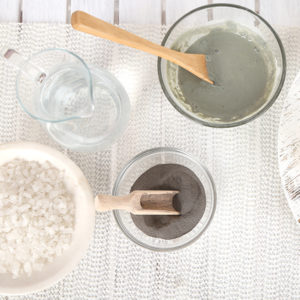 Eucalyptus, lemon, mint, menthol, alcohol and witch hazel are some of the common ingredients in skin care products that could strip away too much natural sebum from the skin, which will wreak further havoc on an oily skin condition.
Eucalyptus, lemon, mint, menthol, alcohol and witch hazel are some of the common ingredients in skin care products that could strip away too much natural sebum from the skin, which will wreak further havoc on an oily skin condition.
You see, when your skin feels a little “tight” after washing with cleansers containing these harsh ingredients, it is tricked into thinking that it needs more oil. Therefore, the skin deposits more oil on its surface, worsening an already oily complexion.
Therefore, the skin deposits more oil on its surface, worsening an already oily complexion.
If you have oily skin, skin care products that are too thick or cloying will also burden the skin with unnecessary oil and emollients. If pores are clogged, issues such as blackheads and zits will start to rear their ugly heads.
2) Use a mild, fragrance-free cleanser
You facial cleanser should rinse clean without giving you that “squeaky clean” and tight feeling. It’s also good to go something fragrance-free as fragrances, be they natural or artificial, can be potential skin irritants and trigger more oil production.
Best Face Wash For Oily Skin –
This is a mild gel cleanser which offers a fresh, clean feeling without any greasy residue. It effectively removes oil and makeup (including eye makeup) without robbing the skin of its natural sebum. Best for normal, combination and oily skin; 100% fragrance and colorant-free.
3) Don’t forget to tone after cleansing
Some people tend to skip the step of toning after cleansing the face. In fact, toning helps to manage an oily complexion. That’s because a quality toner shrinks enlarged pores (one of the most irritating bugbears of oily skin) and minimises the penetration of impurities and bacteria. It also helps to rebalance the pH level of the skin which could sometimes become upset after cleansing. When the skin works hard to restore pH balance, that could lead to excessive oil production. However, a toner helps to restore that pH balance quickly, relieving the skin of any extraneous oil-inducing work.
Best Toner For Oily Skin –
Packed with skin-balancing antioxidants and ceramides that soothe bumps and dry, flaky skin, this toner is also brimming with niacinamide which minimizes the appearance of pores to control facial oil. Oily zones on the face becomes less noticeable. Best for normal, combination or oily skin.
4) Exfoliate for smoothness
Exfoliation is an important skincare step for most skin types, especially for oily skin. That’s because exfoliation will gently lift away skin buildup, de-clog pores and removes white bumps while making the skin feel silky smooth.
One of the most suitable exfoliants for oily skin is BHA (salicylic acid). Being oil soluble, BHA not only exfoliates the skin surface, it’s also able to sink through into the pore lining to cleanse it from the inside out.
Best Exfoliant For Oily Skin –
A featherlight, leave-on solution with 2% BHA, this exfoliant is multi-talented. Besides taking care of common oily skin ailments such as minimising enlarged pores and smoothing rough skin, it also reduces sun damage, smoothes fine lines and dries out pimples. Best for oily or combination skin.
5) Oily skin needs moisturising too
Moisturizers replenish the water content in the skin, not pump oil into it. Besides, moisturisers don’t have to be heavy and greasy. There’s a wide range of water-light formulas that are quickly absorbed by the skin, so they don’t leave the face feeling greasy.
Best Moisturiser For Oily Skin –
Two cheers for this moisturiser that doubles up as a sunscreen too. Gentle enough for sensitive skin, this lightweight, non-greasy formula hydrates the skin surface, calms and soothes sensitive red patches – all while providing broad spectrum sun protection during the day. You’ll love the soft, matte feeling the moisturiser leaves on your skin too. Best for normal to oily skin, including sensitive skin.
6) Make smart choices
To absorb surface oil, forms of clay masks can help a lot. Avoid masks that contain irritating ingredients. How often to use a mask depends on your skin type; some people use it every day, others once a week. A well-formulated absorbent mask may be used after cleansing, left on for 10 to 15 minutes, and then rinsed with tepid water.
Best Mask For Oily Skin –
Skin Balancing Oil-Absorbing Mask
This clay formulated mask rinses easily, leaving skin soft, matte, and smooth. It also balances skin by visibly absorbing excess oil without over-drying or making skin feel tight. Combine it together with a well-formulated cleanser, moisturiser & exfoliant and your skin will be left feeling clean and fresh.
Conclusion
Oily skin can be a tad challenging to manage as it tends to be hormones-related and cannot be resolved simply by topical application. However, with a little extra effort and suitable skincare products, it can be brought under control just like any other skincare conditions.





